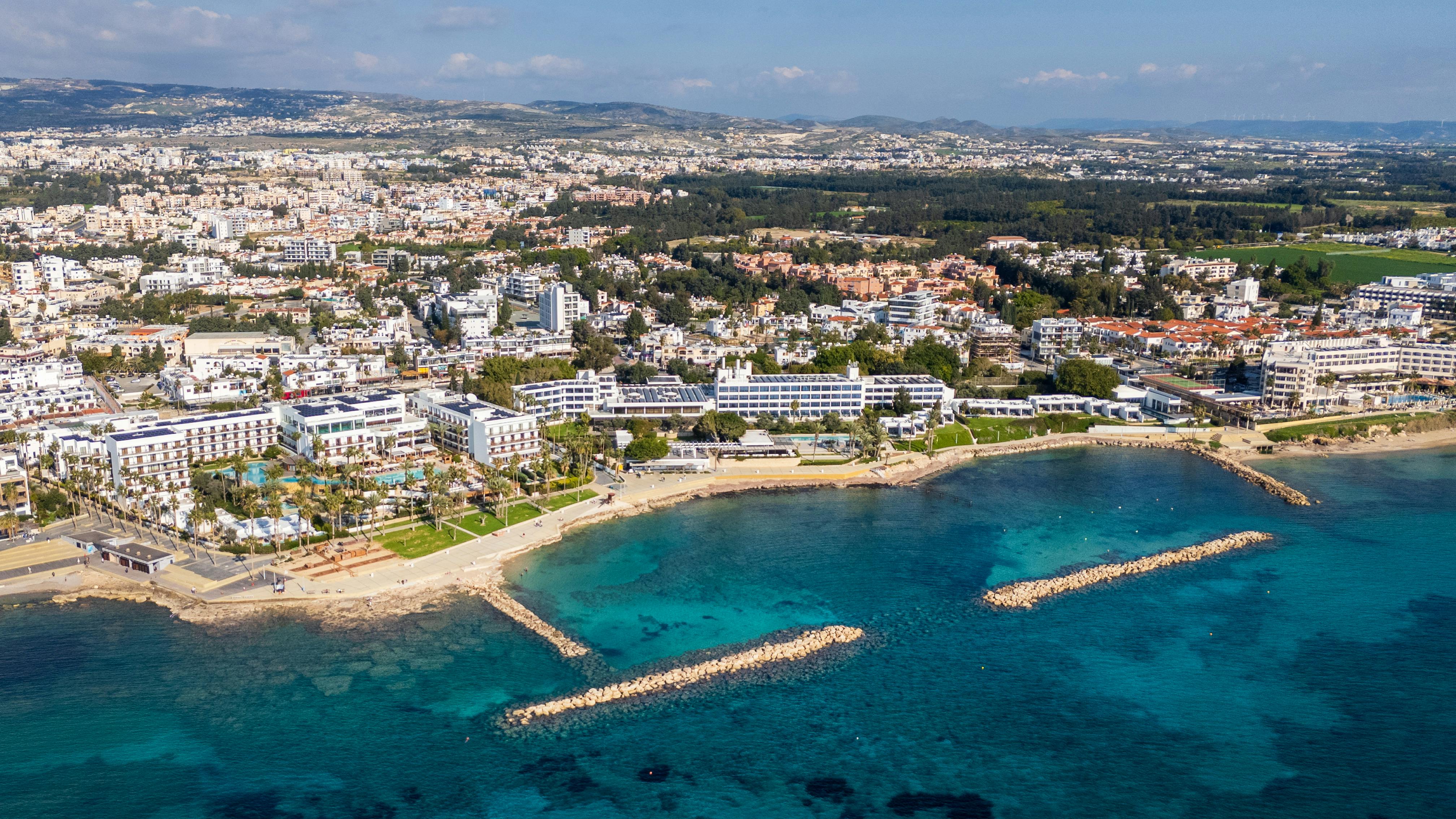Referring to the EU’s 2025 European Semester Spring Package assessment for Cyprus, he said the report acknowledges that economic growth remains strong despite a fragile international environment, while primary surpluses are high and debt is being reduced rapidly.
This faster decline, he noted, will “free up additional economic potential to increase development spending and defence.”
At the same time, Keravnos underlined that Cyprus is no longer classified as a country with macroeconomic imbalances, citing improvements in external and private debt.
The report, he added, also finds that efforts to diversify the economic model are bringing steady results, and that Cyprus is improving on most UN Sustainable Development Goals.
However, he also pointed to challenges. The report shows that Cyprus’ planned spending growth for 2025 is projected at 6.8 per cent, compared with the EU benchmark of 6 per cent.
According to the International Maritime Organisation (IMO), sulphur emission control areas (SECAs) require ships to burn fuel with no more than 0.1 per cent sulphur.
The Mediterranean SOx ECA came into force on May 1, 2025, joining the North Sea and Baltic Sea.
From March 2027, new zones in the Norwegian Sea and Canadian Arctic will follow, while in April a further North-East Atlantic zone was approved, creating what officials describe as a European “super emission control area.”
Scrubbers, or exhaust gas cleaning systems (EGCS), were first adopted due to concerns over the availability of very low sulphur fuel oil (VLSFO).
He told the Cyprus News Agency (CNA) that the Deputy Ministry of Tourism is set to post the tender documents soon, following delays caused by legal checks.
“Very serious preparation is needed for the joint ventures that will be submitted for evaluation,” he said, adding that wider participation would strengthen the project by allowing the best proposal to be chosen.
The tender announcement had initially been expected in June but was pushed back due to a review by the legal service.
Turning to infrastructure, Mais also described as “expected” the problems arising from a fresh delay in the new Paphos–Polis Chrysochous road.
Koumis stressed the need to strengthen bilateral ties in the sector, a proposal which the Saudi side “fully agreed” with.
According to the statement, he proposed the creation of a joint technical committee, made up of officials from both countries, tasked with monitoring and implementing the provisions of the agreement.
The two sides also discussed air connectivity, an issue described as a priority. Additional technocratic-level teleconferences are expected in the coming weeks with the aim of enhancing direct flights.
The collaboration was described as a milestone in Cyprus Seeds’ mission to bridge the gap between academic research and commercialisation, while also providing new opportunities for researchers on the island to develop deep-tech ventures.
Through the agreement, select teams from universities and Centres of Excellence in Cyprus will take part in Conception X’s specialised training and mentorship schemes.
According to the announcement, this will give them “valuable entrepreneurial tools and guidance to bring their innovations to market.”
Moreover, Conception X’s track record in creating successful startups was said to align seamlessly with Cyprus Seeds’ commitment to supporting scientific entrepreneurship.
“At Cyprus Seeds we are thrilled to partner with Conception X,” the company said.
The company, headquartered in Limassol but with 33 management offices across the world, Responding to industry debate on regional divides, he pointed to the strength and safety record of Asia’s leading maritime nations.
“When we look at the leading shipowning nations in Asia such as Japan, South Korea and China, it becomes clear that safety, quality and high performance are firmly embedded in the way these owners operate,” he said.
He went on to add that “Japanese and Korean shipowners have long been synonymous with rigorous standards, placing operational excellence and safety at the core of their philosophies.”
He also referred to China’s rise as the world’s largest shipowning nation. “China has made enormous strides in adopting international standards, driven not only by global competitiveness but also by forward-looking local regulation and a growing embrace of maritime technology,” he said.
The record came despite geopolitical instability in the Middle East and economic pressures in Europe, underscoring the resilience and adaptability of the island’s hospitality sector.
According to the annual report of the Cyprus hoteliers association (Pasyxe), arrivals between January and December reached 4,040,200 million, a 5.1 per cent increase from 2023, while revenues climbed to €3.209 billion, almost 20 per cent higher than in 2019, the last year before the pandemic.
Tourism’s contribution to GDP was put at 18.3 per cent, with employment in the industry exceeding 62,000 jobs.
President of the Pasyxe Thanos Michaelides said 2024 had been “a year of significant progress for the hotel and wider tourism industry of Cyprus.”
He noted that while the island had broken through long-standing barriers, structural challenges persisted, ranging from unlicensed short-term rentals and competition from the occupied north to high operating costs and staff shortages.
“For us, tourism is a pillar of stability, development and national perspective,” he added.






Click here to change your cookie preferences